Advertisement
How Southie Has Changed Since Bulger's Days
Resume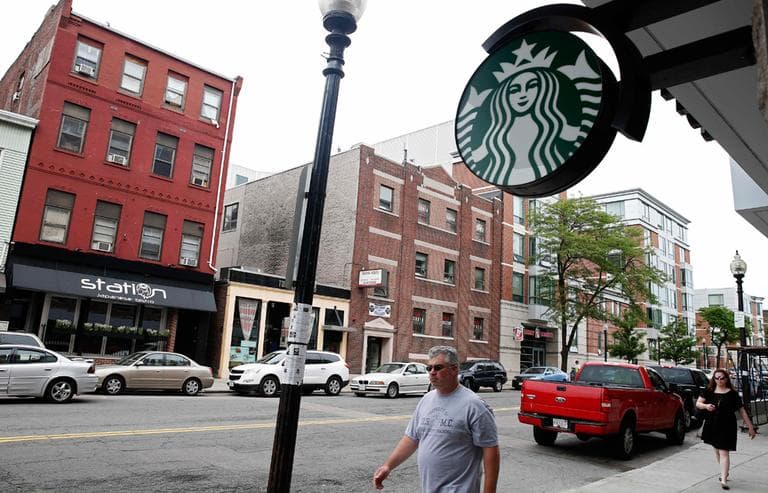
When the FBI brought reputed mob boss James "Whitey" Bulger back to his old stomping grounds of South Boston to be tried in federal court after 16 years on the lam, he must have done a double take. In some ways, the neighborhood that Bulger is accused of terrorizing with murders and extortion has gone to heaven.
The other day, on L Street in the heart of South Boston’s residential district, a busload of tourists unloaded into L Street Tavern. Bartender Ron Rumble pointed out where a bar scene from the movie "Good Will Hunting" was filmed, and another one, too.
"Ben Affleck and all his buddies bought a real cheap old car," Rumble said, jogging the memories of the tourists in T-shirts and shorts in front of him. "The car was actually right outside here.
"Good Will Hunting" told the story of an abused kid who escaped Southie. Other stops on this Boston movie tour show scenes from "Mystic River," "The Town" and "The Departed." Guide Elizabeth Rouse said the gritty Irish neighborhood depicted in those movies almost feels likes Hollywood fiction now.
"Even when I was little, and I'm not that old," the 28-year-old said. "It was a much different place."
When Rouse was little, her South Boston family spoke about Bulger in hushed tones and warned her to walk quickly past where he was known to hang out.
Today, however, she’s bringing busloads of tourists to some of the same places. South Boston has become such a desirable neighborhood, Rouse can’t afford to live here anymore.
How do you like them apples?
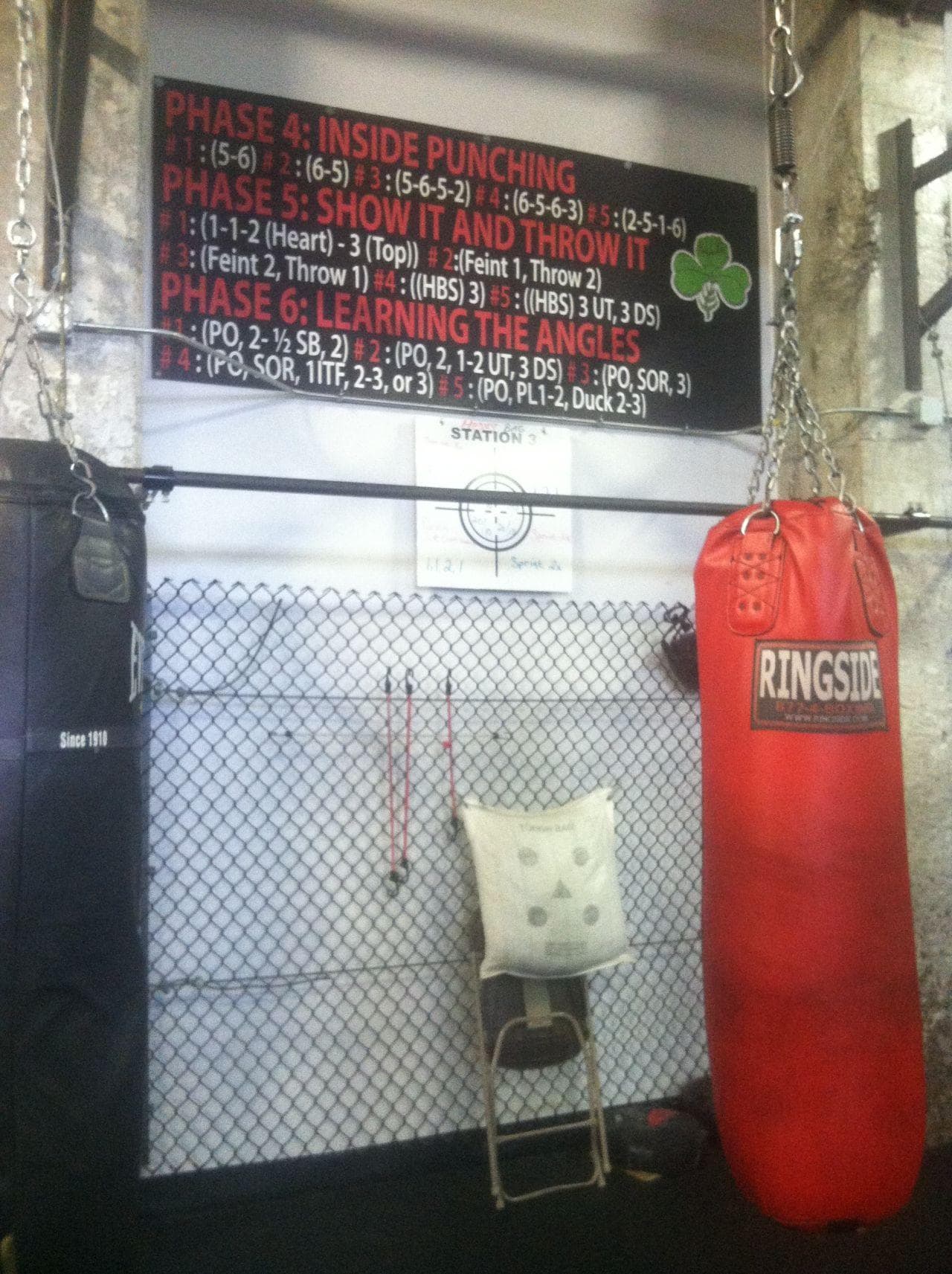
Over on South Boston's Broadway, Matt Thayer opened a boutique food store called American Provisions.
"I sell $30-a-pound cheese," Thayer said, laughing.
He had noticed how affluent newcomers were doing their shopping outside the neighborhood. Even so, Thayer said he’s made a big effort to become accepted by the entire community, donating to Little League teams and reaching out to anyone who comes in the door.
"Fifty years ago, you’d go to a bakery, you buy fresh bread, and that money’s staying in Southie," Thayer said. "So that’s how we try to tell it anyway. I’m sure we’re still the 'yuppie shop' around the corner, though, but it is what it is."
Two doors down is another shop that caters to newcomers to Southie — canine ones.
The pet store BYOD popped up to let residents wash sand off their dogs after walking on the beach. The waterfront and proximity to downtown office buildings have made the neighborhood especially popular with workers who haven’t started families yet, but who have pets. Dogs now outnumber schoolchildren here more than two to one. Just 30 kids signed up for Pop Warner football in the spring.
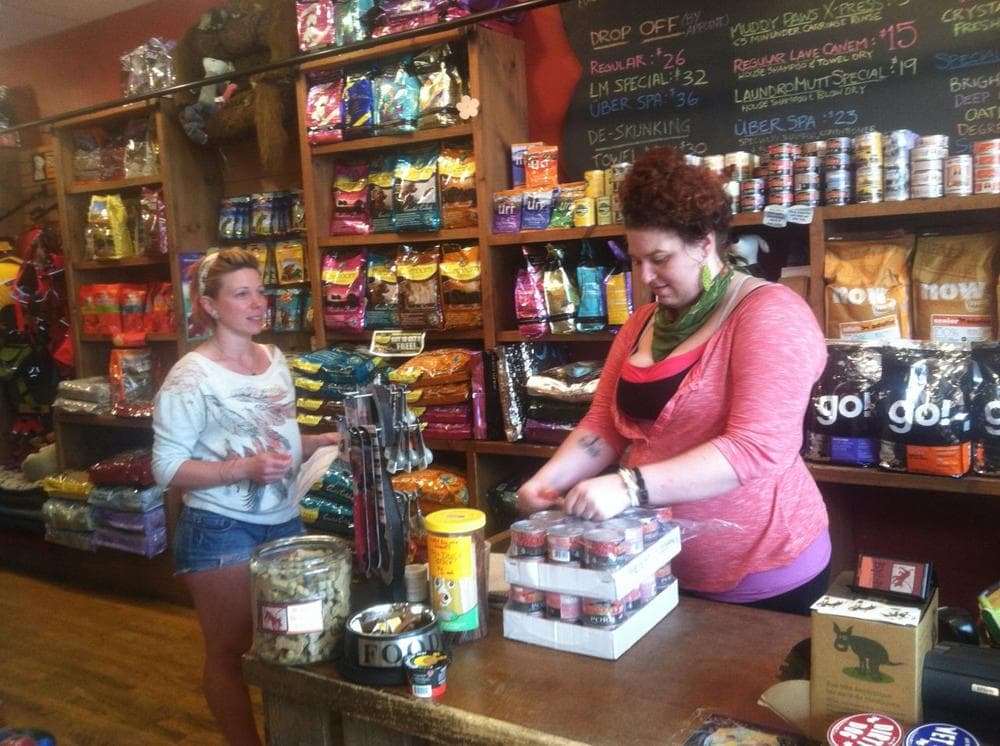
Longtime residents are feeling outnumbered.
At a recent neighborhood meeting, some of them listened to an architect talk about renovating the historic Collins mansion on Broadway into condominiums. Neighbor Billy Evans, a police officer, was not happy with the plan.
"No, it’s so crowded now. It’s over-condensed," Evans said. "There’s no parking. To try to squeeze 11 units into the neighborhood, it just doesn't fit. This belongs out in Andover or something like that. This is just a money grab, is all this is. Get as many units as you can, and don’t worry about the impact in the neighborhood."
Another resident, J.J. Cee, said the nouveau riche are forcing him out.
"Oh, I’ll say hello to them, if they’re going to be neighbors," Cee said matter-of-factly. "But I won’t be here that long, because I won’t be able to afford the real estate tax. That’s how they’re getting us out. That’s why I’m calling it economic apartheid."
Cee has a name for the Boston Redevelopment Authority; he calls it the South Boston Destruction Authority. This week, the city development agency approved a different project with more than 400 apartments for the waterfront closer to downtown. That’s the Seaport area the city is aggressively branding as the Innovation District. It’s booming with pricey seafood restaurants, a new corporate headquarters for the pharmaceutical firm Vertex and the world’s largest global startup accelerator, MassChallenge.
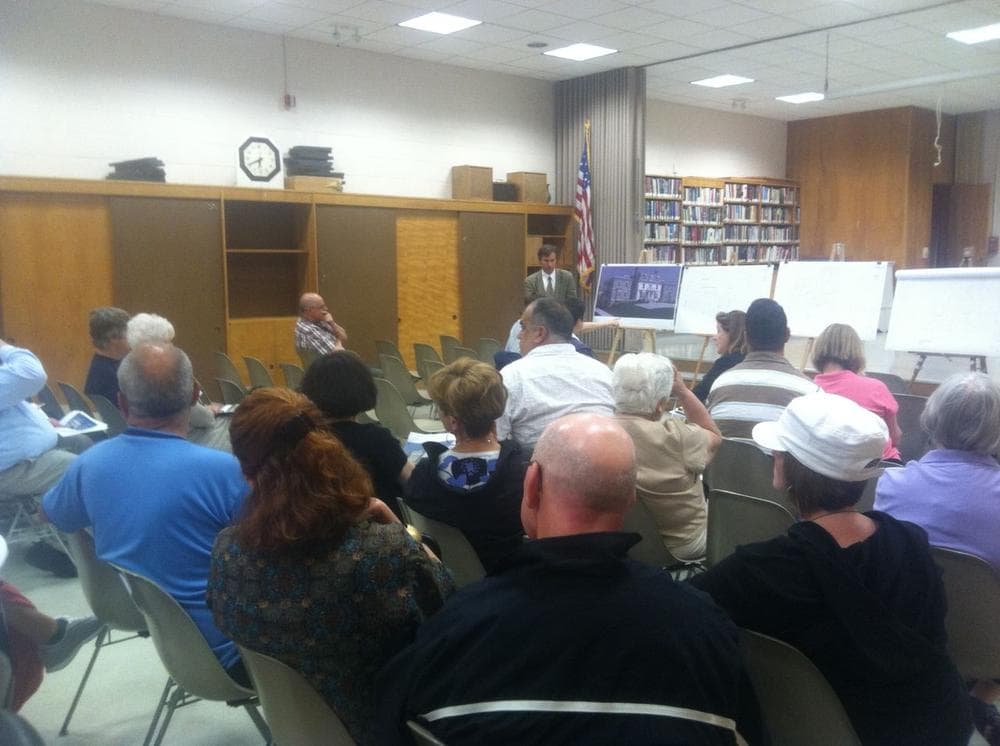
"It’s amazing not only what’s happened in this area of Boston, but what’s going to happen," said Adam Ziegler, founder of the startup Mootus, which is kind of a Wikipedia for lawyers. From his 14th floor office space that he shares with more than 100 other startups, he looks right out on the Moakley courthouse, where Bulger is being tried for racketeering.
Ziegler called it amazing "to see what’s happening with all this real estate, that’s really being put to its maximum beneficial use, as opposed to just sitting unoccupied or, worse, used for nefarious criminal activities."
So, how much of South Boston’s boom is thanks to Bulger being out of the picture? Did the alleged organized racketeer prevent economic development by scaring away legitimate business for all those years? From the looks of the rapid transformation over the time Bulger was a fugitive, it’s almost as if a big economic weight had been lifted — a stiff tax repealed.
Let’s call it the "Whitey Tax" on South Boston.
But Suffolk University historian and South Boston resident Robert Allison is having none of this hypothesis.
"It’s a figment of you journalists’ imagination," he said.
Allison said a lot of other things happened over the same time period — above all, the Big Dig. The infrastructure project made South Boston and its beaches and good housing stock much more accessible, right when the housing boom took off. Meanwhile, building the Boston Convention and Exhibition Center catalyzed the commercial sector. Allison said South Boston's growth is the result of a development strategy that’s performing — for now.
"It’s a healthy thing to have young people with new ideas moving up," Allison said. "But then if they move out, in the long run can you count on the fact in 10 years, 15 years, that another group of enthusiastic energetic young people moving in or having new ideas? That’s a long-term problem for the city."
Even so, it’s hard to imagine many of the same people moving in, and many of the new businesses opening up, if Bulger were still operating on Southie’s streets.
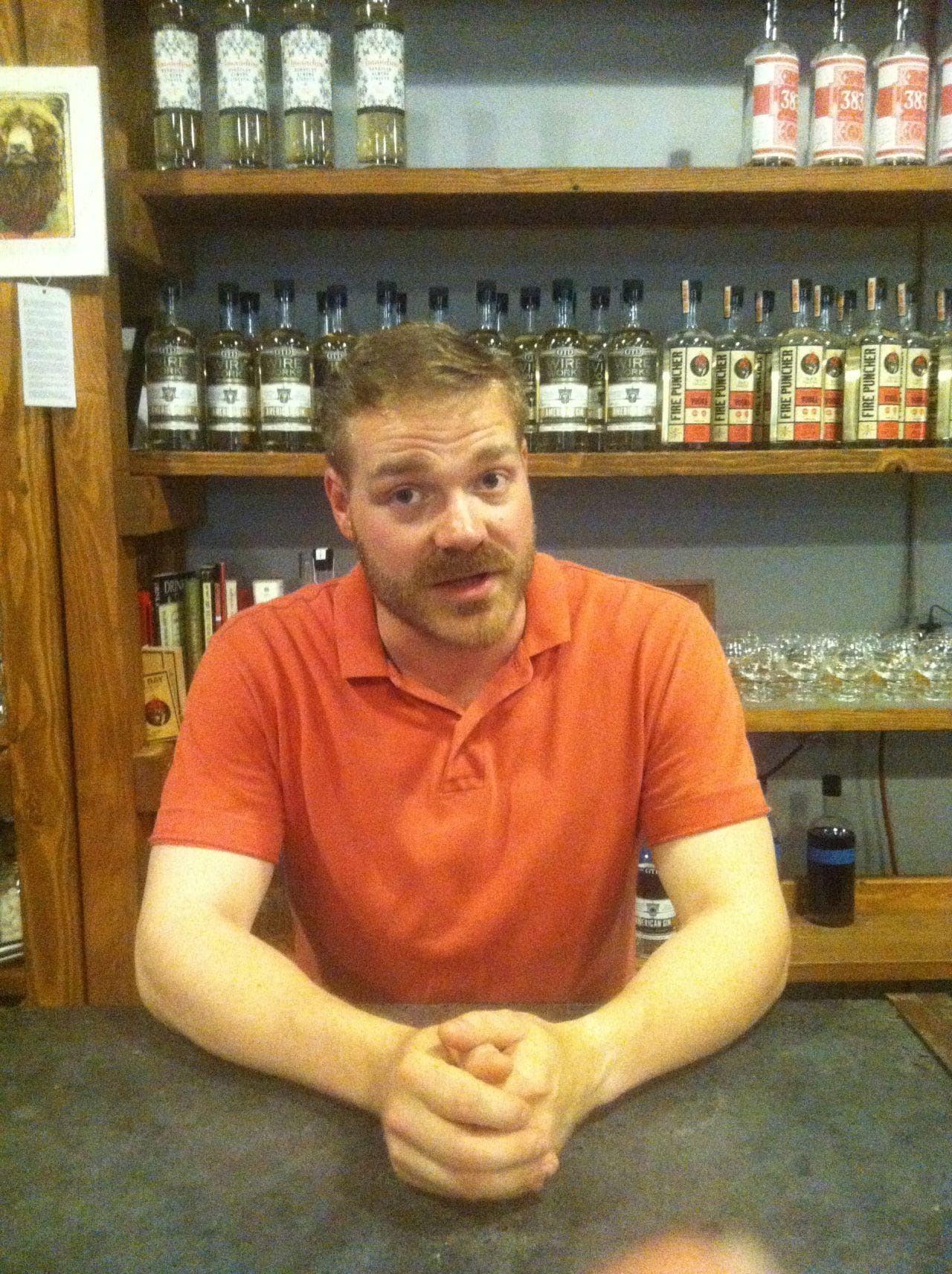
For one, Lonnie Newburn wouldn’t be here. He and a couple of partners have opened GrandTen Distillery, right next to Peter Welch’s Gym. Newburn said if he had to stress about extortion, too, he definitely wouldn’t be opening a distillery in Southie.
"That’s been a trial in itself," he said, bottling a batch of limited-edition gin. "There’s been a lot of struggles, a lot of hoops we’ve had to go through."
Moreover, Newburn said few customers would have ventured down for tastings in the old days in this neighborhood. The distillery opened just down the street from a Southie dive bar remembered for a scuffle that turned deadly. But Aces High closed earlier this year.
Back at the L Street Tavern, bartender Rumble washed out a beer glass, reflecting on the old South Boston.
"The past is the past and we got by that," he said, shaking his head.
Rumble says whatever caused it, the neighborhood’s rapid economic transformation may have brought fresh tensions. But Rumble said he’ll take the South Boston of today and tomorrow over "Whitey’s" Southie any day.
This program aired on July 18, 2013.
